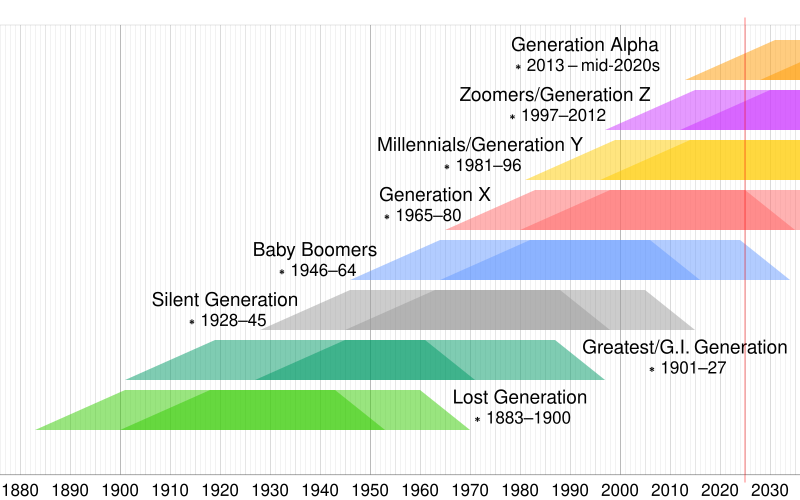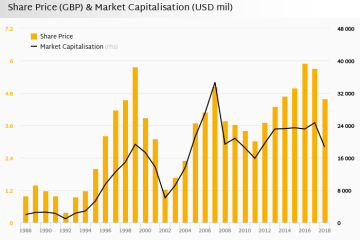What Is Gen Z? Insights into the Generation Shaping Our Future

Introduction to Gen Z
Generation Z, commonly referred to as Gen Z, encompasses individuals born from the mid-1990s to the early 2010s. As the first generation to grow up with the internet and digital technology readily available, their characteristics differ significantly from previous generations. Understanding Gen Z is crucial for educators, employers, and marketers as their unique perspectives and behaviours increasingly influence culture, economy, and social norms.
Defining Characteristics of Gen Z
Gen Z is known for their digital fluency and social consciousness. According to a report from McKinsey & Company, 77% of Gen Z believe that it’s important for brands to take a stand on social issues. This generation is also characterised by their inclusivity, with a strong emphasis on diversity and representation within society.
Economically, Gen Z tends to be pragmatic and financially minded. A study by the National Retail Federation found that over 70% of Gen Z respondents were saving money instead of spending it, highlighting a shift from the consumer habits of Millennials. This inclination towards financial stability is further underscored by their preference for education and skills over traditional pathways, with a growing interest in entrepreneurial pursuits.
Influence on Social Media and Communication
Gen Z is recognised as the most active group on platforms like TikTok, Instagram, and Snapchat. Their interaction with these platforms is more than just socialising; it’s a means of self-expression, community building, and activism. For instance, the Black Lives Matter movement gained significant traction among Gen Z, who used social media to mobilise and raise awareness.
Furthermore, research from the Pew Research Centre shows that nearly 45% of young people feel that social media helps them connect with others, revealing a dichotomy of closeness and isolation within this generation’s social interactions.
Conclusion
As we move forward, the influence of Gen Z will continue to grow significantly across various sectors. Their values for equity, sustainability, and authenticity are shaping the practices of businesses, the landscape of education, and the tone of social dynamics. For organisations and leaders striving for success, adapting to the expectations and behaviours of Gen Z will be crucial. This generation not only represents the future but also drives the present culture, making it essential to understand what Gen Z truly embodies.









